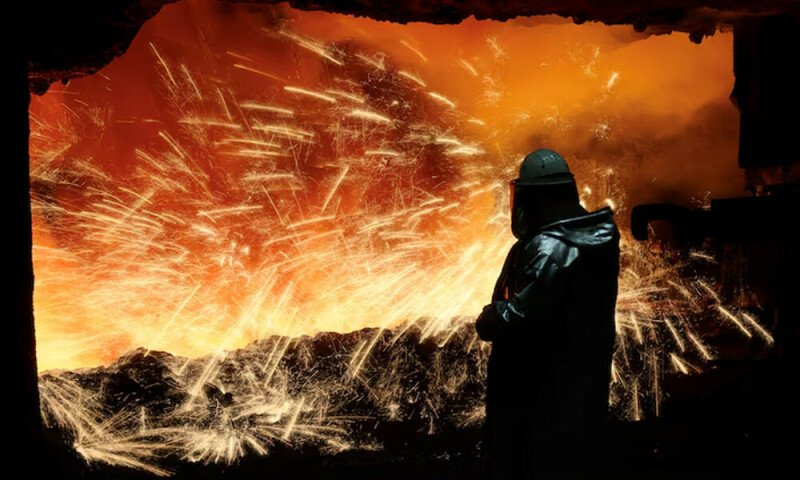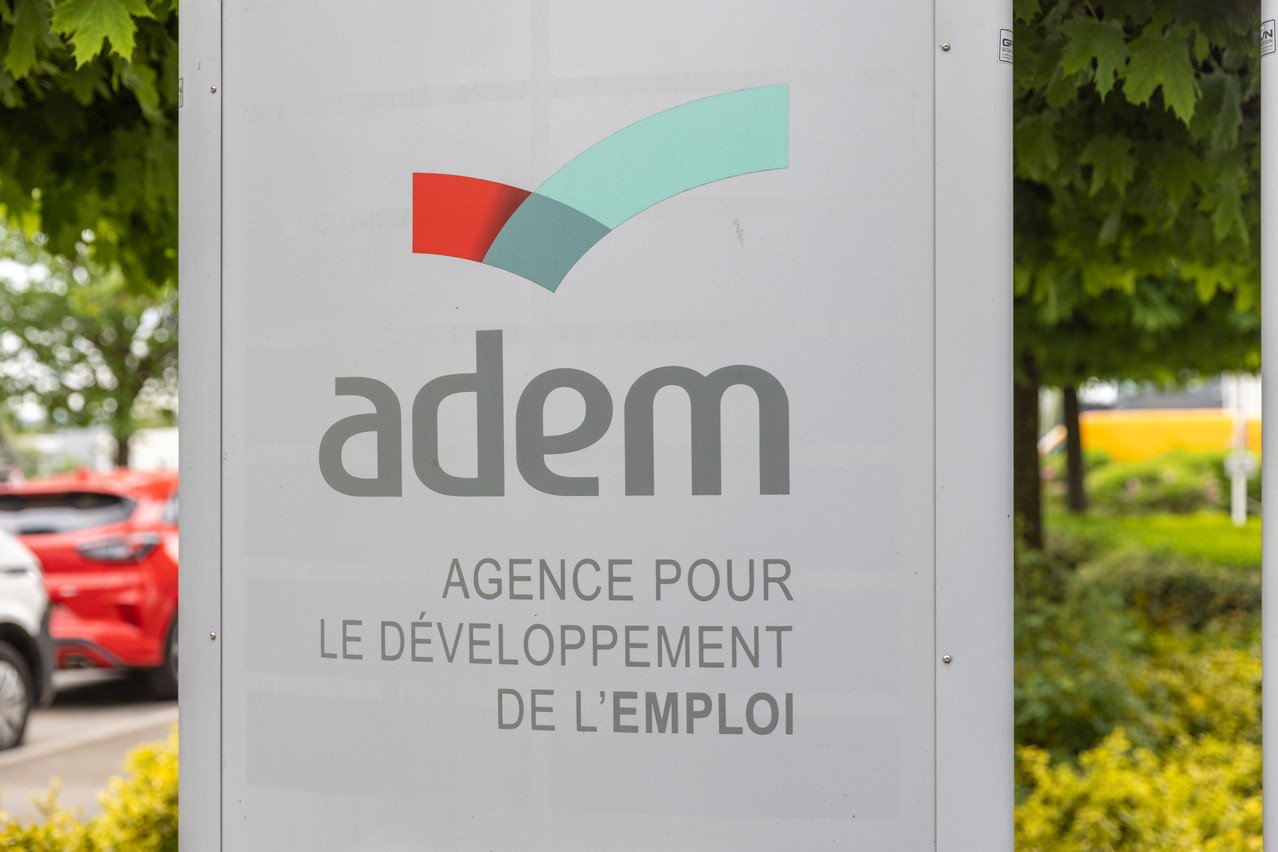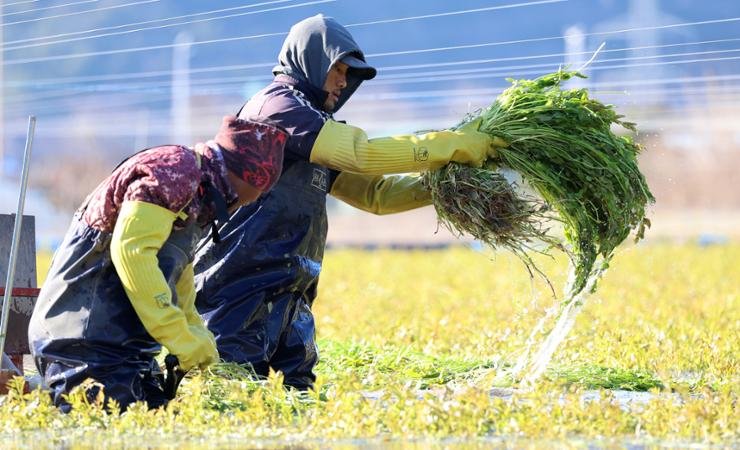
Labour Minister Linked to Corruption Investigation in Bangladesh
A Labour minister is under scrutiny as part of an investigation into allegations that her family embezzled up to £3.9 billion (Tk 590 billion) from infrastructure projects in Bangladesh.
Tulip Siddiq, 42, who serves as the UK Treasury’s Economic Secretary with a focus on combating financial corruption, is accused of facilitating a deal with Russia in 2013 that allegedly inflated the costs of a nuclear power plant project in Bangladesh.
The claims are part of a broader probe by Bangladesh’s Anti-Corruption Commission (ACC) into former Prime Minister Sheikh Hasina, Siddiq’s aunt, who was ousted from office in August.
A source close to Siddiq dismissed the allegations as “fabricated and politically motivated.”
The source added that the allegations were “entirely politically motivated” and intended to harm Siddiq’s aunt.
Conservative shadow home office minister Matt Vickers commented: “Reports that Labour’s anti-corruption minister is implicated in a corruption investigation highlight yet another lapse in Keir Starmer’s judgment.
“It’s time for her to address these claims openly. The British public deserves a government committed to their priorities, not sidetracked by more controversy.”
Downing Street stated that Prime Minister Sir Keir Starmer has confidence in Tulip Siddiq, and she will retain her role as the minister responsible for anti-corruption efforts.
According to the prime minister’s official spokesperson, Siddiq has “denied any involvement in the allegations” regarding embezzlement. However, she has stepped back from any political decisions related to Bangladesh during the investigation.
The inquiry stems from accusations made by Bobby Hajjaj, a prominent political rival of former Prime Minister Sheikh Hasina. The spokesperson also confirmed that Siddiq has not been in contact with the Anti-Corruption Commission (ACC) in connection with the probe.
Bangladesh’s ACC Expands Investigation Into Hasina Family Amid Corruption Allegations
Bangladesh’s Anti-Corruption Commission (ACC) is investigating several members of Sheikh Hasina’s family, including her sister, Sheikh Rehana Siddiq, and senior officials from her administration.
Hasina, who ruled Bangladesh for over two decades, has been accused of authoritarian governance, suppressing dissent, and human rights violations. Since fleeing the country, the former prime minister has faced numerous criminal charges from the current government.
The International Criminal Tribunal (ICT) in Bangladesh has issued a warrant for Hasina’s arrest, accusing her of involvement in “crimes against humanity” during protests that resulted in hundreds of deaths. Arrest warrants have also been issued for 45 former ministers and officials who left the country.
Syed Faruk, leader of the UK branch of Hasina’s Awami League party, has dismissed the accusations as “fabricated.”
Tulip Siddiq, who became MP for Hampstead and Highgate in 2015, is also implicated in the allegations. According to court documents, Siddiq is accused of mediating meetings between Bangladeshi officials and the Russian government during the negotiations for the £10 billion Rooppur Nuclear Power Plant Project.
The documents claim the project’s cost was inflated by £1 billion, with 30% of the amount allegedly funneled to Siddiq and other family members through a network of banks and offshore companies. In total, it is alleged that £3.9 billion was embezzled by Hasina’s family and ministers.
Footage from 2013, recorded by the Associated Press, reportedly shows Siddiq present at the Kremlin for the signing of the deal between Sheikh Hasina and Russian President Vladimir Putin.
Corruption allegations against former Bangladeshi leaders are not uncommon. Hasina’s predecessor, Khaleda Zia, faced similar accusations, which she described as politically motivated, as did former president Hussain Muhammad Ershad, who came to power in a coup in 1982.
Criticism of Bangladesh’s judiciary persists, with allegations of bias and political influence. Changes in government often lead to judicial reshuffles, and ruling parties are frequently accused of using the courts to target opponents.

















